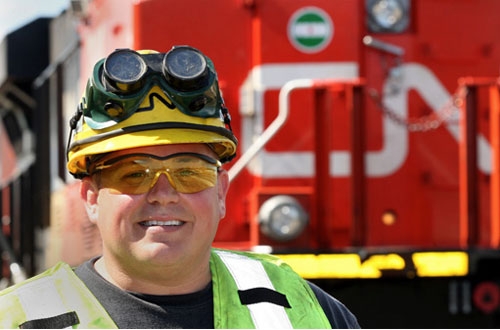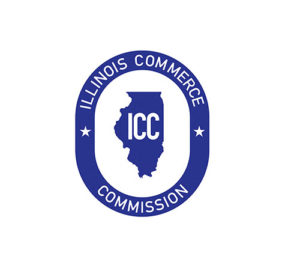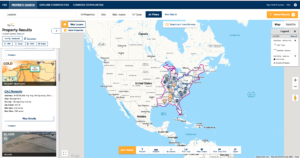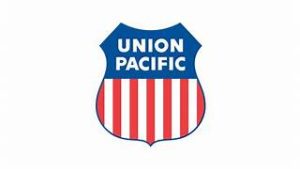CN’s Mongeau underscores railroad’s unwavering commitment to safety
Written by Jenifer Nunez, assistant editor
Claude Mongeau, president and chief executive officer of Canadian National, in a speech to the Edmonton Chamber of Commerce, said that dangerous goods are an integral part of everyday life and that CN has an unwavering commitment to moving all traffic safely.
In his speech, Mongeau said CN’s commitment to safe operations is more than a set of principles. It’s evidenced by the more than 50 percent reduction in CN’s main-track rail accidents per million train miles in Canada between 2003 and 2013, and the fact that 99.998 percent of CN movements of dangerous goods arrive at destination without a release caused by an accident.
Mongeau said CN’s safety record flows from sizable investments in rail infrastructure. The railroad annually invests more than CA$1 billion (US$920 million) to maintain network safety and integrity and an intense focus on employee training and safety awareness, root cause analysis of accidents and technological innovation.
“Dangerous goods are an important part of how all of us live and a major business for us,” Mongeau said. “Because of that, we know we have a clear obligation to transport these products safely; it’s fundamental to the economy and to CN’s social license to operate its business.”
But CN isn’t content with the progress it’s made in safety, Mongeau said. Following the Lac-Mégantic accident last July, CN took a series of steps to further reduce the potential for accidents, for example, by:
• Strengthening its train securement practices;
• Applying the U.S. “OT-55 key train policy” to trains hauling highly-flammable liquids, such as ethanol and crude oil and voluntarily extending the policy to its Canadian operations. The policy includes measures on train dispatching, track inspection and restrictions on train speeds;
• Stepping up its detection capability to prevent accidents. In November 2013, CN unveiled a special program to acquire additional monitoring equipment to enhance its strong technological base for early detection of defects and mitigate the severity of accidents and
• Conducting corridor risk assessments, examining rail line proximity to urban population and associated infrastructure, environmentally sensitive area, and railway operating practices to develop enhanced safety processes for trains transporting dangerous goods.
Mongeau said CN has also expressed clear support for the retrofitting or phase-out of older DOT-111 cars used to transport flammable liquids and a reinforced standard for new tank cars built in the future, as well as special operating practices for the transportation of dangerous goods. CN has also implemented freight rate changes to encourage customers to acquire tank cars that meet higher safety standards and begun to phase-out its small fleet of legacy DOT-111 tank cars used to transport diesel fuel for its locomotives to yard terminals.
He said CN believes that the rail industry can enhance safety by working more closely with communities and toward that end, CN is reaching out to municipalities along its North American rail network to review its safety practices, share relevant information on dangerous goods traffic and discuss emergency response planning and training.
Mongeau concluded: “The safe transportation of dangerous goods and all other freight traffic is a social and business imperative. It’s a fundamental principle for CN in its relationships with communities along its network and central to its role as a true backbone of the economy.”





